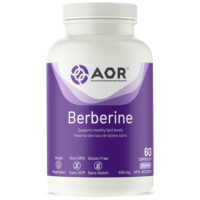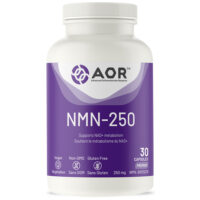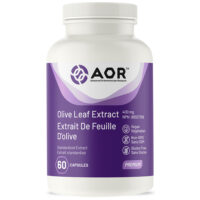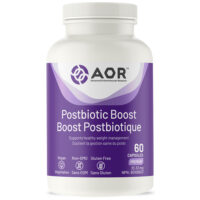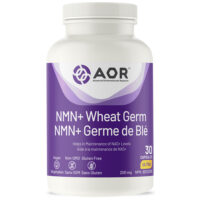Organic foods have begun to receive widespread attention in recent years. They are viewed as being healthier, more ethical, and a more socially responsible choice. Consumers are often willing to pay the higher price necessary to obtain organic foods. But are they really worth the added cost?
By definition, organic foods are produced without using man-made chemicals. This means that they do not have the hormones, antibiotics, synthetic pesticides, and other harmful substances that can be found in non-organic foods. This is one reason that people buy organic, but not the only one. Many proponents of organic food are looking to buy foods that are produced locally in an effort to boost the local economy, support the ethical treatment of livestock, or reduce the use of fossil fuels used for the foods’ delivery. While some organic food producers share these ideals, many of them do not.
Problems with Organic Products
The growing popularity of organic foods has made it more difficult to find foods that are produced entirely locally. Mass production has necessitated the use of some ingredients that may not be available in large enough quantities locally. For example, companies that use organic milk in their products often have a hard time getting it from suppliers in the immediate area. They may use powdered organic milk from distant locations in order to keep their ingredients pure.
There are also some so-called organic products that aren’t really any safer. Certain fruits and vegetables, including asparagus, bananas, broccoli, pineapples, and sweet peas rarely contain significant amounts of pesticides in their conventionally grown form. Processed foods that claim to be made with organic ingredients often contain inorganic ones as well. And organic seafood and cosmetics are notorious for having the same health dangers as conventional ones.
How Much More does Organic Cost?
Prices for organic foods vary substantially. You might pay anywhere from 10 percent more to twice as much for an organic product. Mass producers of organic products tend to incur much higher costs in an effort to keep the ingredients pure, and because of that they charge a premium.
You can often save money by buying locally. Your fruit and vegetable choices will be limited to what is in season, but the lower cost and fresher taste are worth it to many consumers. You can be sure that you’re buying locally by patronizing farmer’s markets or going directly to the source.
When determining whether an organic product is worth the extra cost, it is important to know as much as you can about it. Many people make the mistake of assuming that all organic foods are created equal, and they are not. Checking out providers and reading labels can open our eyes to any shortcomings that an organic food may have. In many cases, your best bet is to buy locally for better prices and higher standards.


